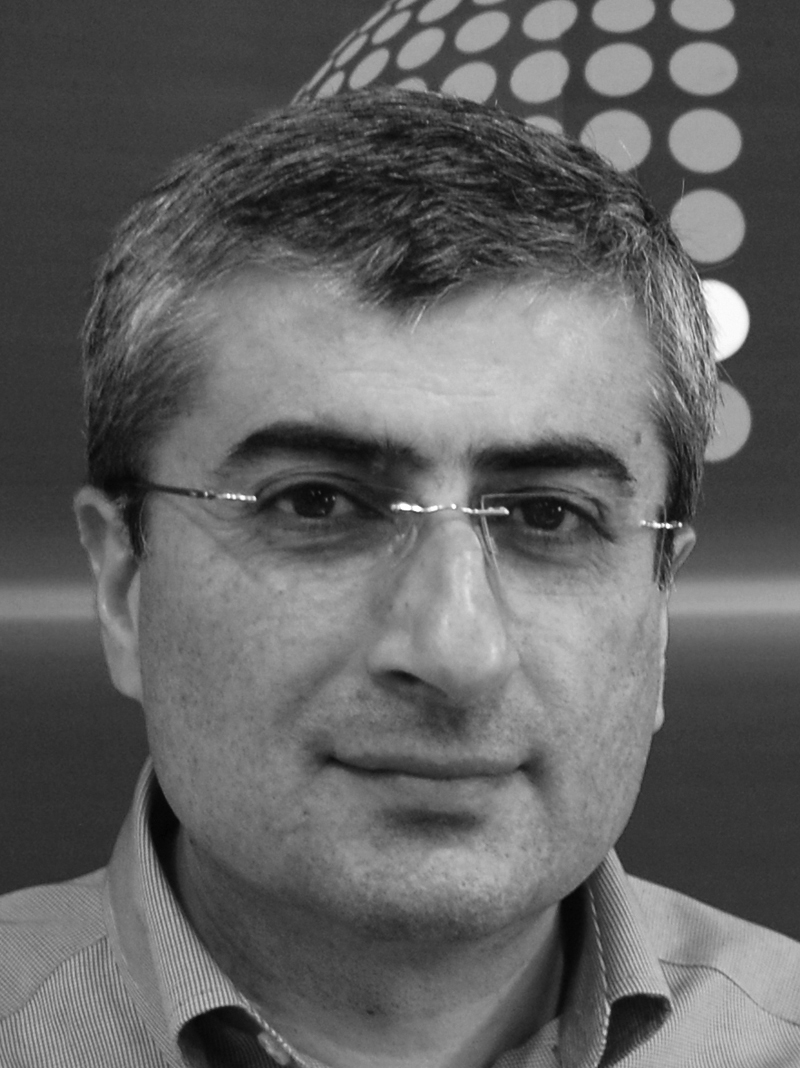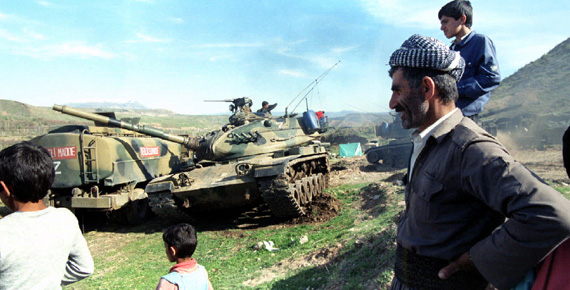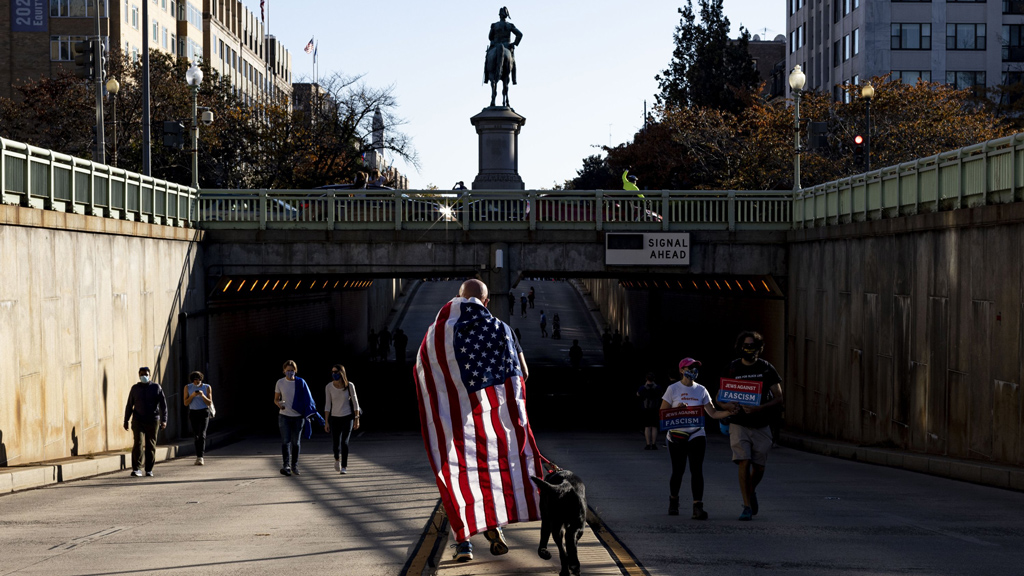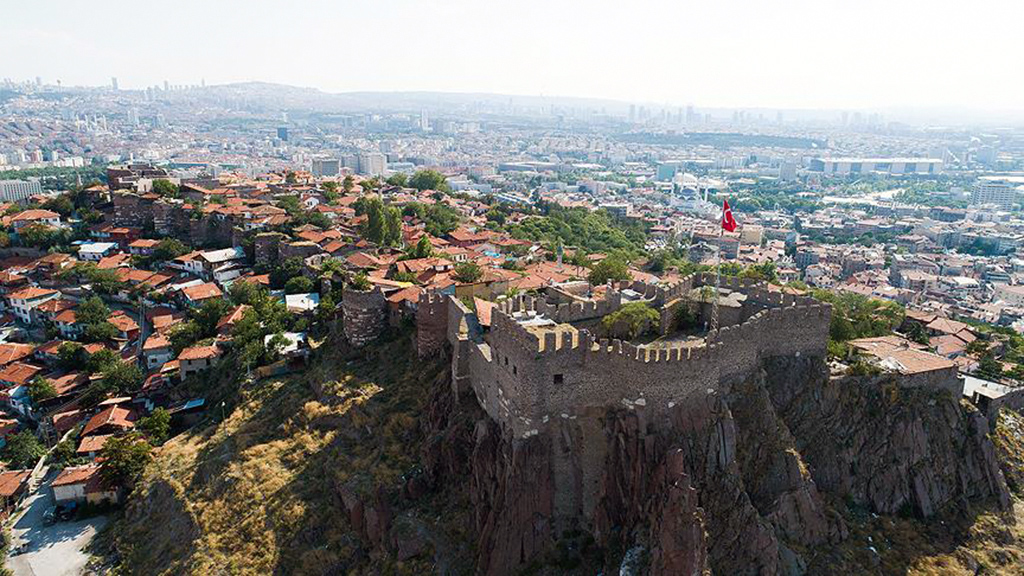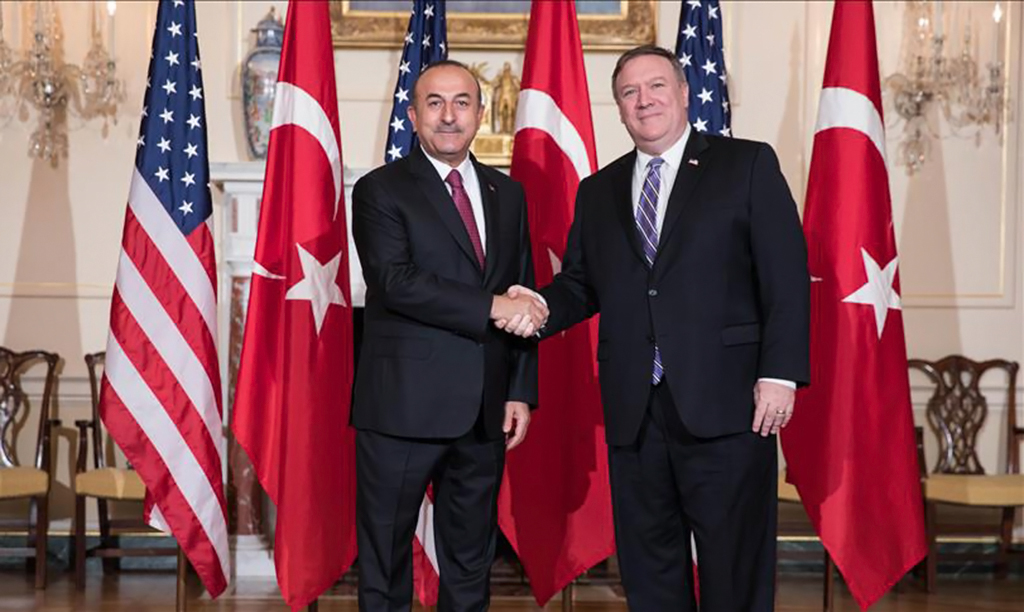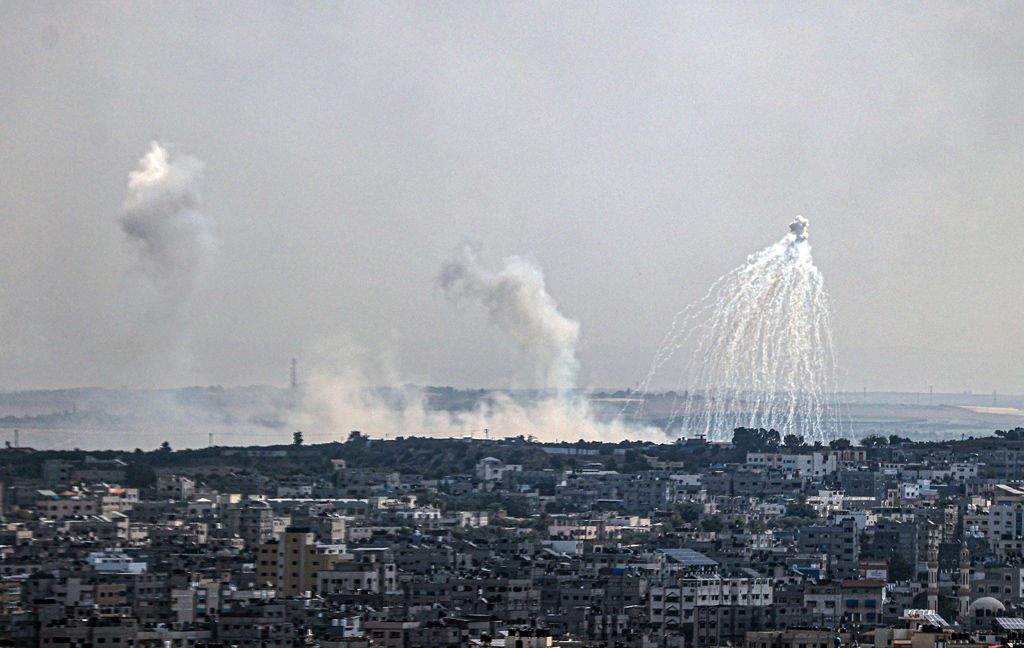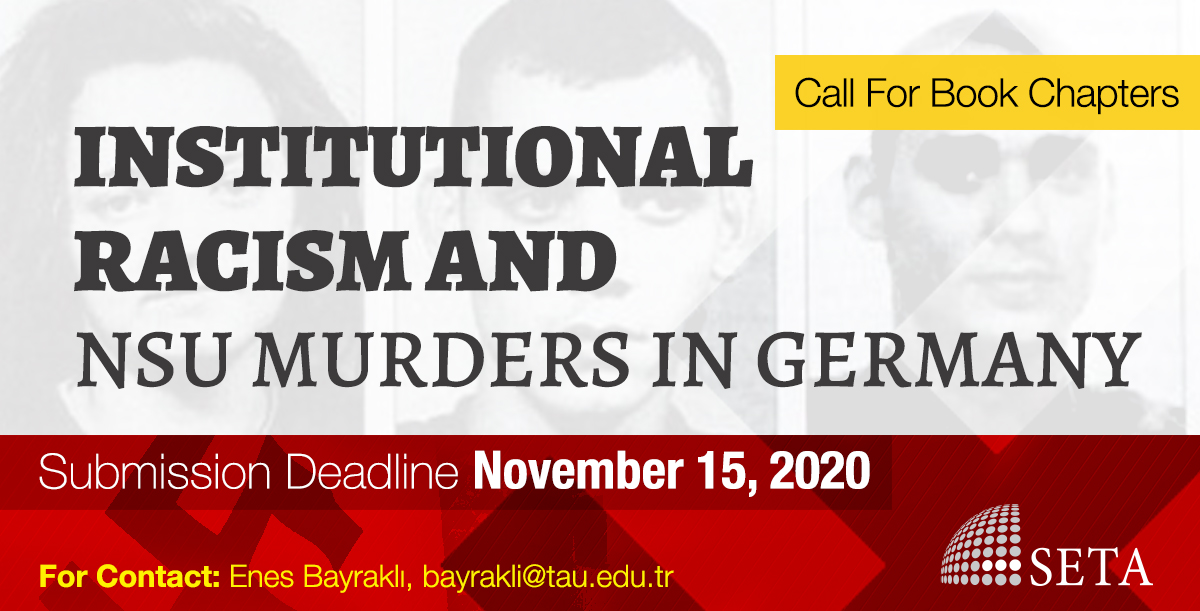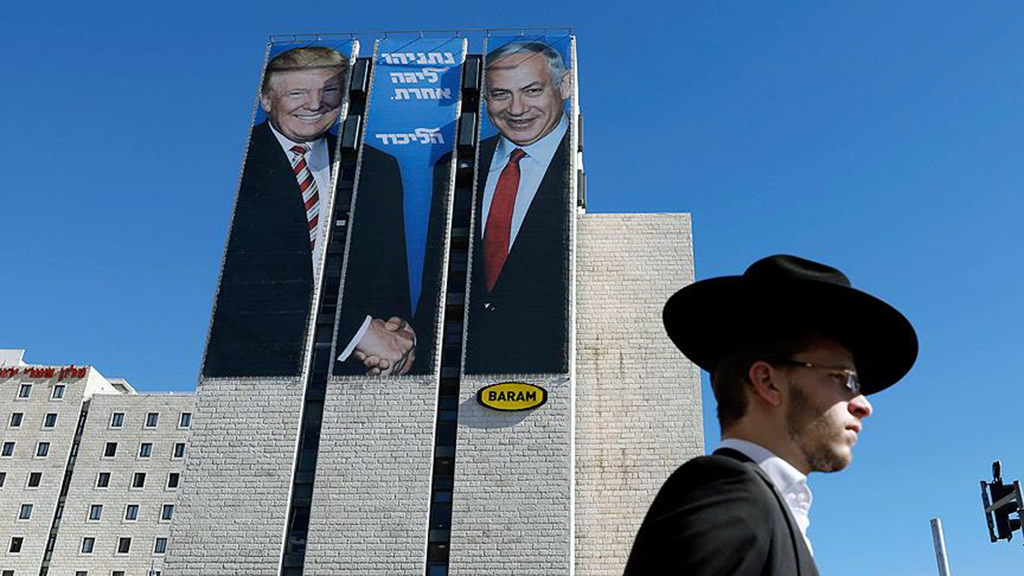It has been nine decades since the proclamation of the Republic of Turkey; however, coup discussions have never ceased to dominate the Turkish agenda. This is mainly because the founding cadre of the Republic mostly consisted of military members. Moreover, Mustafa Kemal and his friends eliminated their fellow fighters who were potential rivals first from the military, then from politics after which they seized control of the military. Through these operations—which were carried ostensibly out in order to keep the military out of politics, the military became the leading actor in politics. The military did not find problem with the government during the Single Party period; however, the military carried out a coup in 1960 ten years after multi-party system was adopted. In the post-1960 period, the military laid the institutional foundations of tutelary system and began to govern the country while remaining in the background. After a decade, the military once again carried out a coup by referendum on March 12, 1971 and rearranged politics. The military made amendments to certain articles claiming that the constitution—which the military itself drafted in the previous decade was too liberal for the citizens. Nonetheless, anarchy did not come to an end despite harsh security measures such as martial law and death penalty.
Straitjacket
On September 12, 1980 the military took over the government once again under the pretext of controlling the anarchy. It abrogated the constitution, abolished the government and the Parliament and closed all parties, trade unions and associations. The military once again drafted a new constitution thus forcing people to either agree on the constitution or resign themselves to the junta. The military redesigned not only the state but also the society. Military members put themselves under legal protection and held elections in 1983. They re-enacted significant laws including basic laws and made radical amendments to the existing laws.
As a result, the military members put Turkey in a straitjacket, which Turkey failed to remove for thirty years. The 12 September coup was a radical one; therefore the military did not see the need for a new coup after ten years. However, after about 15 years they carried out a post-modern coup on February 28, 1997 thus forcing the government to resign and the Parliament to enact new laws once again.
In the 2000s Turkey witnessed several coup attempts. A large number of military officials who failed in their coup attempts for various reasons, still stand trial. Today, the judiciary has sparked debates particularly on specially authorized prosecutors and courts due to these high-ranking officials who remain in custody.
Democracy, coups and the judiciary
As a part of the founding philosophy of the Republic of Turkey, the main role of the judiciary has been to protect the state rather than guaranteeing the rights and freedoms of individuals. Armed bureaucracy seized power through coups, legitimizing and strengthening this power through the judiciary. However, it did not legitimize and strengthen its power through general judicial institutions; instead, as it is the case in all authoritarian states, it established specially authorized judicial institutions. All these courts including Turkish Courts-Martial of 1919–20 (Divan-ı Harbi Örfi), Independence Courts, Military Commissions, State Security Court and finally Specially-Authorized Courts that have sparked heated debates today, were established in order to protect the state.
These specially authorized courts tried to protect “powerful ones” who defined themselves as the state. They each called previous actors in power to account rather than guaranteeing rule of law, protecting rights and freedoms of individuals and securing the justice.
These specially authorized courts do not have an admirable past. On the contrary, these courts are seen as a disgrace in the legal and judicial history. This is evidenced by the es
